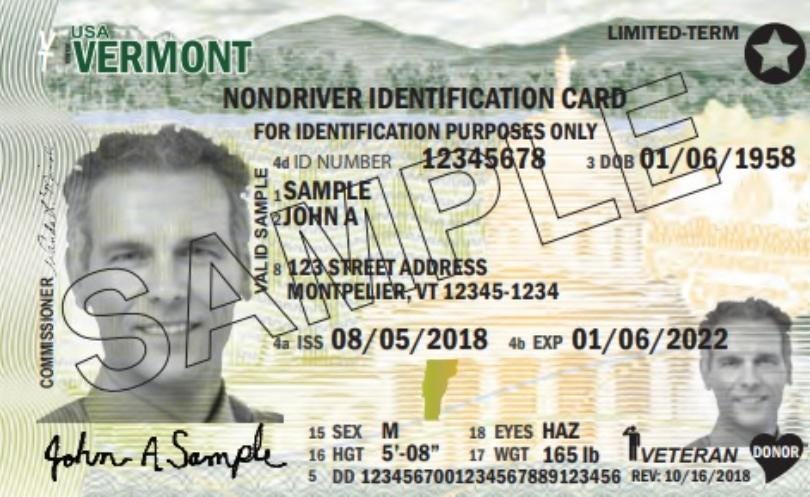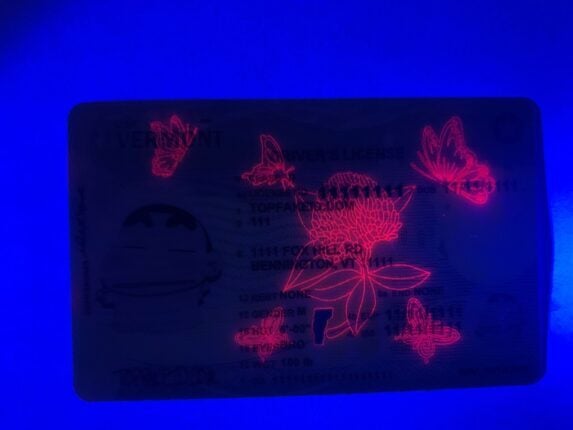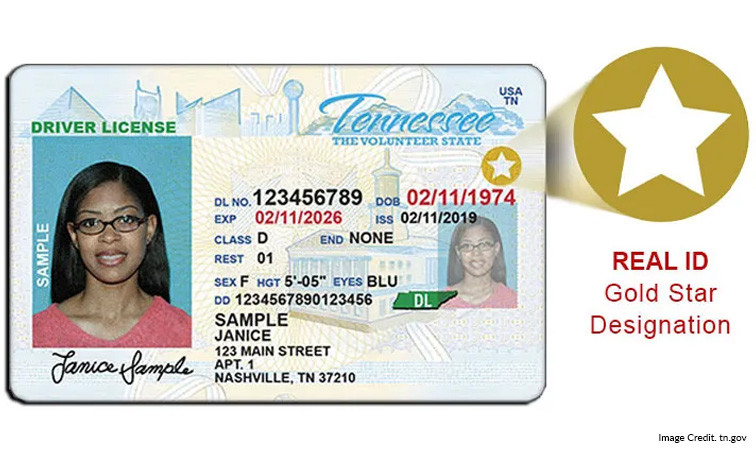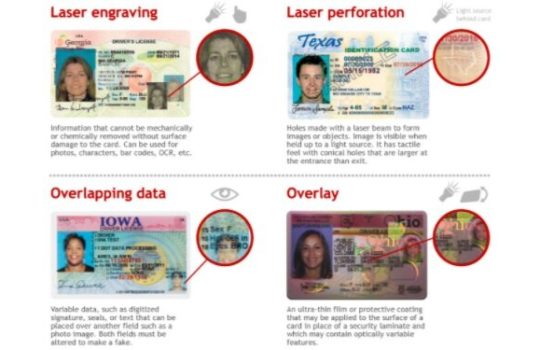Vermont Fake Id Charges
2023-07-27 2023-07-27 11:39Vermont Fake Id Charges

Vermont Fake Id Charges
Dominican Republic Fake Id Card Scannable
Greece Fake Id
Kyrgyzstan Fake Id Card Scannable
Malta Fake Id
Title: Vermont Fake ID Charges: The Legal Consequences and Potential Impacts
Introduction:
The proliferation of counterfeit identification documents is a major concern across the United States, and Vermont is not exempt from this significant issue. Possessing or using a fake ID in Vermont can lead to severe legal repercussions and long-term consequences. This article dives deeper into Vermont’s fake ID charges, the potential impact on individuals, and the state’s efforts to combat this illicit practice.
Understanding Vermont Fake ID Laws:
The legal framework surrounding fake ID charges in Vermont aims to deter and punish individuals involved in the production, distribution, possession, and use of counterfeit identification documents. Vermont’s laws related to fake ID offenses primarily revolve around Title 23: Motor Vehicles, Chapter 13: Traffic Regulations – Driver’s Licenses.
Possession of a Fake ID:
Possessing a fake ID in Vermont with the intent to use it unlawfully, or if the person is under the age of 21, is considered a criminal offense. According to Vermont Statute Title 23, Section 1221, knowingly possessing a false identification document is punishable by up to a $500 fine and/or imprisonment for up to six months. Additionally, a conviction can result in a suspended driver’s license.
Using a Fake ID:
Using a counterfeit ID to represent oneself as someone else or for any fraudulent purpose constitutes identity theft and can lead to both criminal and civil penalties. Under Vermont Statute Title 13, Section 2001, identity theft is a felony offense. Depending on the severity of the acts committed using the fake ID, penalties may include fines up to $10,000 and imprisonment for up to ten years.
Selling or Distributing Fake IDs:
Manufacturing, selling, or distributing false identification documents is a highly punishable offense. Vermont Statute Title 9, Section 34a, states that anyone knowingly involved in the production or distribution of counterfeit IDs can face a felony charge. If convicted, individuals may be subject to imprisonment for up to five years and hefty fines.
Potential Impact of Vermont Fake ID Charges:
1. Criminal Record:
Being charged and convicted of a fake ID offense can tarnish an individual’s record, impacting their future employment prospects, educational opportunities, and personal life. Background checks conducted by employers, colleges, and even potential landlords may reveal the conviction, leading to negative consequences.
2. Legal Consequences:
Apart from fines and potential imprisonment, a fake ID conviction can result in a suspended driver’s license. Losing driving privileges can significantly impact an individual’s day-to-day life, making transportation to work or school challenging. It may also result in higher insurance premiums once the license is reinstated.
3. Academic Ramifications:
Students found using or possessing fake IDs could face disciplinary actions from their educational institutions. Schools often have strict codes of conduct and may impose penalties ranging from warnings to suspensions, impacting their academic progress and reputation.
4. Financial Burdens:
In addition to fines, defending oneself against fake ID charges can be costly. Legal fees, court expenses, and potential restitution can put significant financial strain on individuals and their families. Moreover, should a conviction lead to the loss of employment opportunities or scholarships, the financial burden can further intensify.
State Efforts to Combat Fake IDs:
Vermont recognizes the importance of combating fake ID-related offenses and has taken measures to address the issue. These actions include:
1. Law Enforcement: Vermont law enforcement agencies work diligently to identify and apprehend individuals involved in the production and distribution of counterfeit identification documents. Through collaboration with other states and federal agencies, law enforcement aims to disrupt fake ID supply chains.
2. Education and Prevention: Educational institutions, law enforcement agencies, and community groups in Vermont actively educate students, parents, and the general public about the dangers and consequences of using fake IDs. By focusing on prevention, they aim to reduce the demand for counterfeit documents.
3. Enhanced Security Features: Vermont has continually improved the security features of its driver’s licenses and identification cards, making them more challenging to replicate. By incorporating advanced technologies, such as holograms, UV images, and unique barcode systems, the state aims to stay ahead of counterfeiters.
Conclusion:
Fake ID charges in Vermont carry significant legal consequences that can have long-lasting impacts on individuals’ lives. Possessing or using counterfeit identification documents violates state laws and exposes individuals to fines, imprisonment, and potential loss of driving privileges. It is crucial for Vermont residents, particularly students, to understand the legal risks associated with fake IDs and the potential consequences they may face. By promoting education, prevention, and enhanced security measures, Vermont is striving to combat this illegal practice and protect its citizens.














